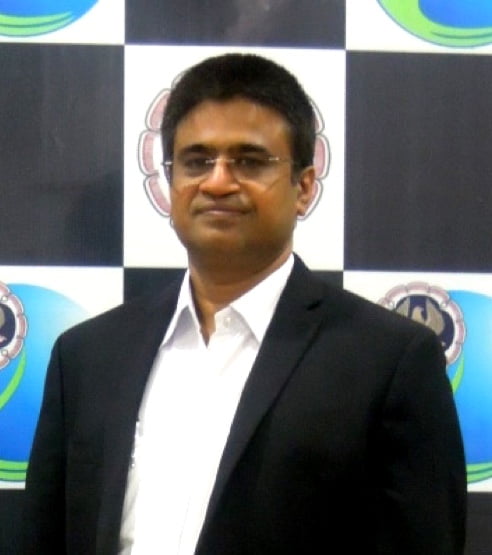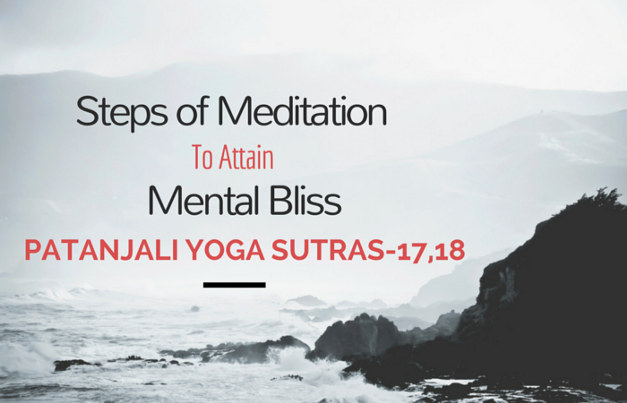तीव्रसंवेगानामासन्नः॥२१॥
Tīvrasaṁvegānāmāsannaḥ||21||
Desire gives rise to thoughts and thoughts drive actions in every individual. Various philosophies have discussed the mental imbalance caused by desires. This sutra describes that a positive mindset is essential to keep alive the desire for a blissful mental state and not get carried away by other desires generated out of lust, greed or envy.
This Sutra states that practitioners with an intense desire for yogic bliss, will move faster on the path of yoga. The desire has to be strong enough to supersede the other desires that dissuade the sadhaka. (Sadhaka is a person who is on the path to achieve yogic bliss by following the steps of yoga). The cognitive faculties and practices to be done come naturally facilitated by this intense desire.
Yoga practice has more to do with transformation of the mind. The desire to achieve yogic bliss should be firmly embedded in the mind of practitioner. This is because yogis can acquire supernatural abilities by performing yoga, which draws away their attention from the practice. They get powers of clairvoyance of seeing the future or past and being able to read other people’s minds.
Some practitioners get carried away by these powers and falter in moving ahead on the path of mental bliss. In these practitioners, the urge to possess mystical powers dwarfs the desire for a blissful state of mind. Thus, they pursue the path of indulgence. The yoga sutras do not mention anything about the repercussions, other than the fact that the yogic bliss eludes them till they get over the other urges and reestablish the intense desire for seeking yogic bliss.
A yogi having firm determination is not distracted even when supernatural powers arise in him. He knows the transitory nature of mystical experiences appearing during practice and keeps his eyes on the goal. Having reached this far in yoga, his desire to achieve the yogic bliss increases in intensity and eliminates all other desires. After this, he is no longer interrupted by experiences that he encounters in the practice and he quickly attains the awakened state of mind. For this reason, the sutra states that yogic bliss comes faster to those who have an intense desire and willpower to reach it. The ultimate desire to achieve a blissful state of mind surpasses and subdues all the other desires that arise out of ignorance.
To sum up, once a person is rid of all thought forms and attains a still mind, all his focus and thoughts begin to merge with the ultimate desire for yogic bliss. It is important to note that the progress in yoga is not determined by “performing an intense practice” but by having “an intense desire and willpower to achieve the goal.”. Performing intense practice is futile without having a strong desire to reach yogic bliss. Understanding the difference between these two is important here.
The next sutra explains the required level of practice to be carried out together with a strong desire.



